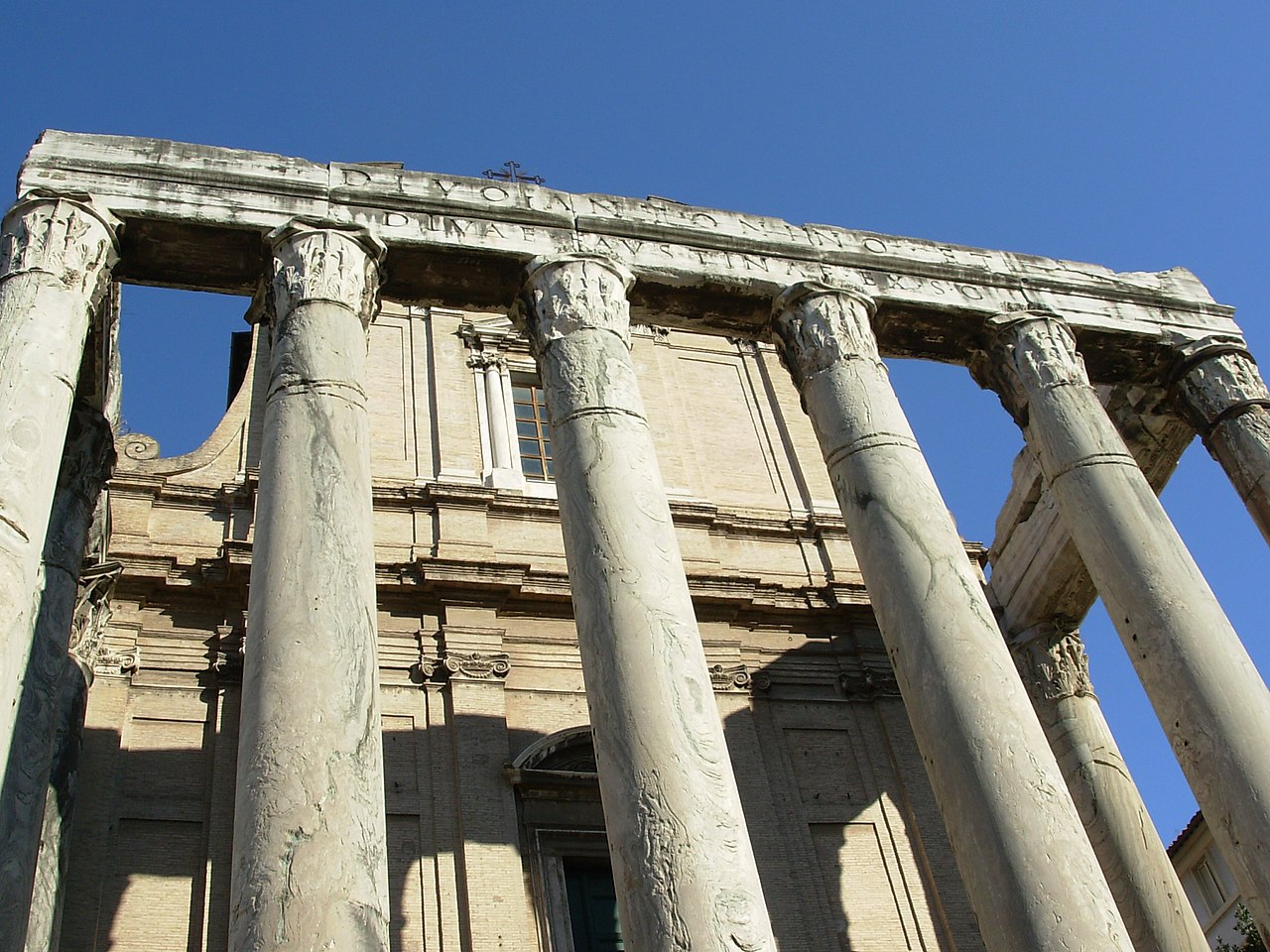A contentious election, a divided electorate and chaos in a building dedicated to governance. This might sound like a very cursory description of last week’s Capitol breach — and it would certainly suffice for those purposes — but it would just as accurately describe a shocking series of events that took place in 100 B.C., during the Roman republic. As it turns out, the pandemic isn’t the only contemporary event with a counterpart in ancient Rome.
Writing at Zócalo Public Square, Edward Watts — who has written several well-received books on ancient Rome — revisits a consular election that turned violent. On the ballot was Glaucia, a populist who had allied himself with the influential Gaius Marius, whose public standing had declined in recent years.
As Watts describes it, each voting group (known as a century) announced their votes one by one. “[A]s the votes were cast on that December day, it became clear that Glaucia would lose the consulship to a man named Memmius,” writes Watts. “Rather than accept this outcome, he and his supporters rioted. They disrupted the vote counting, attacked Memmius, and beat him to death.”
What followed was widespread violence, with Glaucia and his supporters attacking their rivals throughout the city, before barricading themselves in the Capitol building. Marius was tasked with dealing with his onetime ally; eventually, he put the greater good of the republic over his political allegiances. Watts also notes that this contentious election and its violent aftermath led to a period of instability in Rome.
His whole account of the period is an unsettling read, with more parallels to the present day than one might expect.
Thanks for reading InsideHook. Sign up for our daily newsletter and be in the know.

















